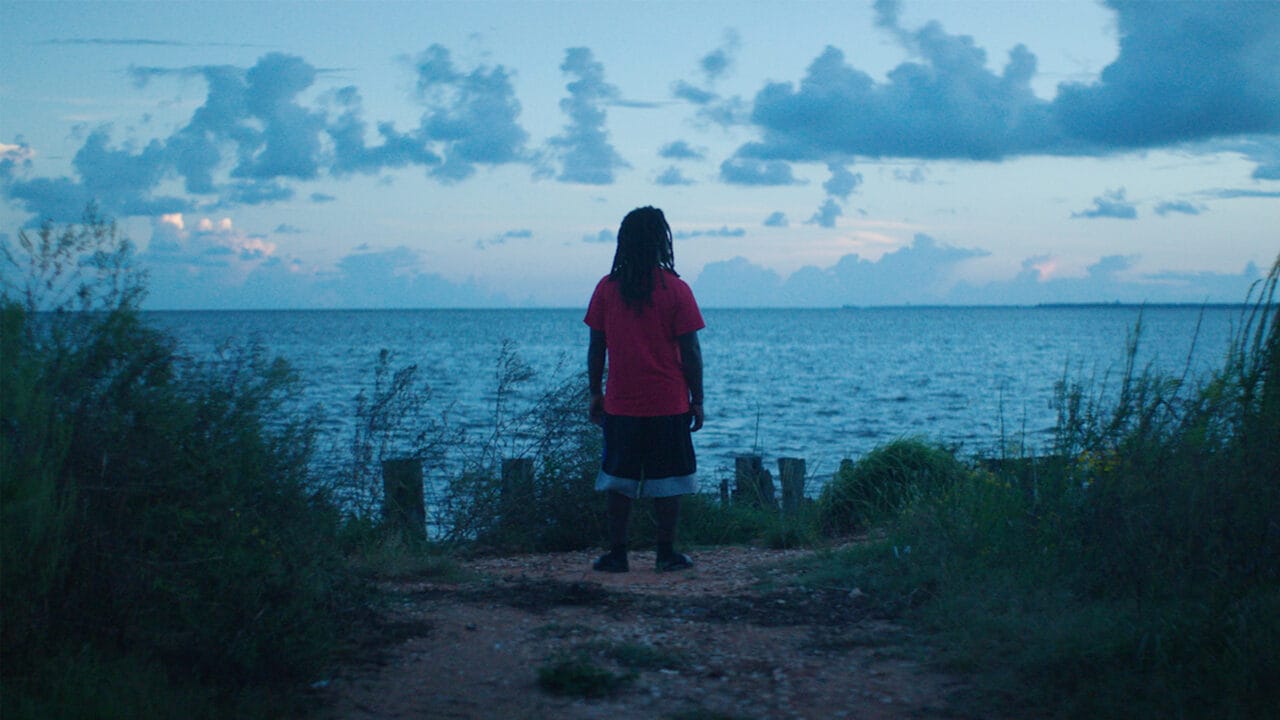National Geographic explorer Tara Roberts on ‘Into the Depths,’ discovering slave ships
Roberts appeared on the latest episode of 'Acting Up,' and broke down the podcast and how these slaves ships are ultimately discovered
On the latest episode of Acting Up, theGrio’s Cortney Wills sits down with Tara Roberts, National Geographic Explorer and Storyteller. Roberts breaks down the new podcast, Into the Depths, the power of discovering slave ships like the Clotilda and more.
This Black History Month has been chock full of exclusive content to binge and stream, theGrio previously reported. Many of the specials center around the recent discovery of the Clotilda, the last known slave ship to arrive in the United States. Alongside a docuseries on Disney Plus entitled, Clotilda: Last American Slave Ship, National Geographic has also launched Into the Depths, a podcast that centers Roberts as she follows a group of Black divers who are dedicated to documenting and finding the wrecks from the transatlantic slave trade.

Per the official podcast description, Into the Depths, “explores the complex history of the global slave trade and the stories of the estimated 12.5-million Africans forced to make the Middle Passage.” Roberts told Wills that taking a break from journalism after an extensive career led her to this astonishing project.
“When I came across this story, I was like, ‘No, this is a story that I want to tell. This is what you need to step into full time.’ We as journalists, it can be easy to get comfortable…but I also think the universe speaks to you, and when you speak you gotta listen. Everything about this story, I was like, “is no one else writing about this?” she said.
The Clotilda, Roberts explained, is a bit of a unicorn as it is the only ship that has been found intact because it sank in mud, which preserved it. “The rest of the ships that are found in the ocean are not preserved, and because most of these ships were built in the 1600s and the 1700s, they were built out of wood, so they are splintered on the ocean floor.”
The discovery process, Roberts explained, starts with historians researching where these ships could possibly be.
“There are all kinds of records about these ships,” Roberts shared. “Most of the ships were insured, so when the ships would wreck, the insurance companies would investigate.”
This historical work, Roberts added, is imperative. “Much of that history is completely unexamined, you know? It’s a footnote, but it can’t be a footnote,” she shared when speaking of the global slave trade.
“It involved four continents, Europe, Africa, South America and North America…it went on for 400 years. To transport 12.5 million Africans across the waterways means that coastlines changed, landscapes changed, wealth got built…it changed the course of history. It is a monumental event in history that we don’t treat like that!”
The latest episode of Acting Up is available to stream now.
“TheGrio is FREE on your TV via Apple TV, Amazon Fire, Roku, and Android TV. Please download theGrio mobile apps today!”


